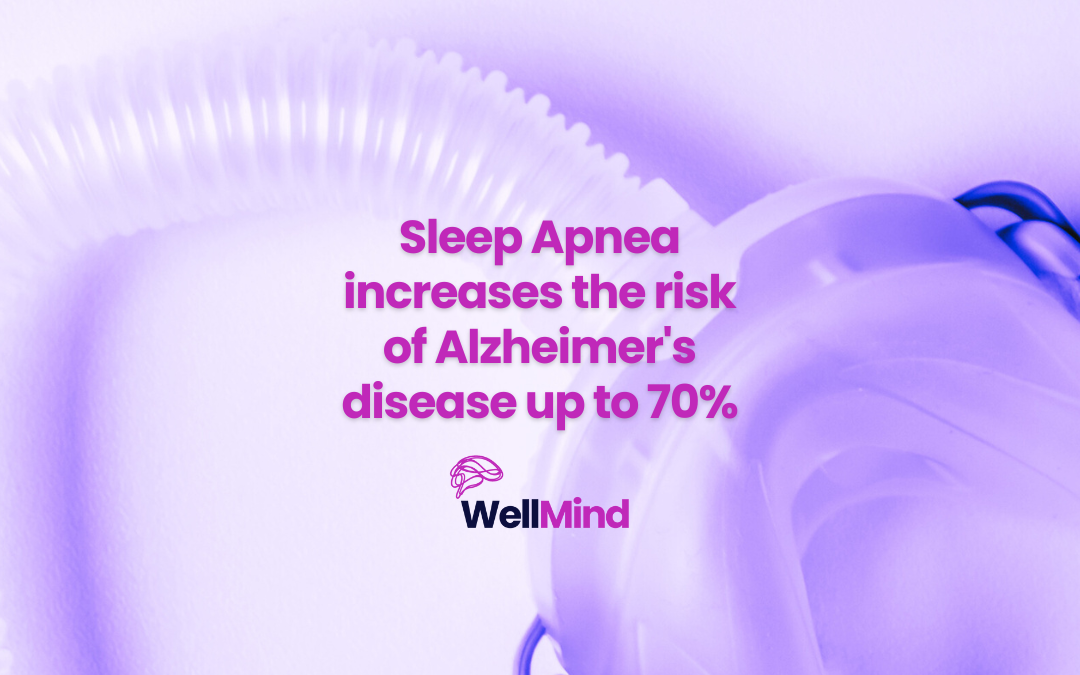Intermittent fasting has gained popularity in the media in recent years, touting multiple benefits from improved metabolism and weight loss to decreased risk of many diseases. The good news is that the science behind intermittent fasting supports many of these claims. Furthermore, many of the benefits of intermittent fasting can be tied to factors associated with cognitive health.
What is Intermittent Fasting?
Intermittent fasting refers to limiting food intake to specific periods and avoiding intake outside of those defined times. There are many ways to achieve intermittent fasting, though the most common and likely most sustainable way is time-restricted eating. Using this method, calories are consumed during an 8-12 hour period throughout the day, without food intake for the remaining 12-16 hours overnight.
Benefits of Intermittent Fasting
Both animal and human studies have shown benefits of intermittent fasting, including:
- Healthier body weight
- Improved glucose and insulin levels
- Improved cholesterol and triglyceride levels
- Decreased levels of inflammation
Intermittent Fasting and Cognitive Health
Many modifiable factors affect cognitive health and risk for cognitive decline and Alzheimer’s disease, including glucose and insulin levels and other metabolic and lipid levels. Intermittent fasting has been shown to improve many of these levels, suggesting that it may also benefit cognitive function. Furthermore, animal studies suggest that intermittent fasting may help neurologic health.
Intermittent Fasting and You
Always talk with your doctor before drastically changing your dietary regime, especially if you have any existing health conditions. Once you get the all-clear to try intermittent fasting for yourself, follow these guidelines:
- Eat during a 12-hour window during the day and fast the remaining 12 hours each night. For example, you may try to eat between 7 AM-7 PM and fast from 7 PM-7 AM.
- Once you are comfortable and tolerating a 12-hour fast, consider experimenting with a nightly fast of up to 16-hours. For example, eating from 9 AM-6 PM and fasting from 6 PM-9 AM (for a 14-hour fast)
- Eat larger meals earlier in the day to improve digestion and metabolism
- Avoid caloric intake for at least 2-3 hours before bedtime to aid digestion and avoid sleep disturbances. Consuming calorie-free, non-caffeinated beverages such as water or herbal teas is permitted.
To learn more about how modifiable lifestyle factors affect your cognitive health and how they interact with the genetic risk of Alzheimer’s disease, check out our GenoRisk test available in 2022.








